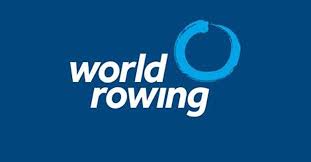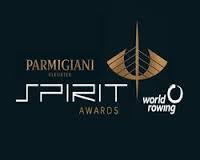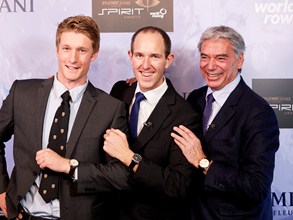The series of National Federations’ Conferences, organised by The World Rowing Federation, FISA, continued with the fifth edition taking place in London yesterday, 6 March. More than 80 delegates representing 59 National Federations attended to discuss changes to the rules and governance of rowing which will be crucial to ensure the healthy future of the sport.
Participants heard presentations from FISA President Jean-Christophe Rolland, FISA Executive Director Matt Smith and IOC Sports Director Kit McConnell. In dedicated break-out sessions, delegates then discussed concrete proposals that will eventually be put to vote at the 2017 Extraordinary Congress.
In a presentation entitled “Driving Rowing’s Future”, Rolland explained the three strategic directions that FISA has identified to ensure rowing’s future: retain a strong position in the Olympic Movement, ensure the integrity of rowing and consolidate rowing’s position as a global citizen.
An important factor in retaining a strong position in the Olympic Movement is the alignment of FISA’s strategy with the 40 Olympic Agenda 2020 recommendations that were adopted by the International Olympic Committee (IOC) in December 2014.
“FISA’s Strategic Plan already aligned with most of the elements of Olympic Agenda 2020 and the FISA Council was able to use the IOC’s recommendations to fine-tune our plans,” says Rolland.
McConnell joined the conference for the second year in a row to present the IOC perspective on the Olympic programme. McConnell raised key points including the switch from a sport-based Olympic programme to one that is event-based;, the limitation of the number of events at the Olympic Games to approximately 310 events; the limitation of the number of athletes at the Olympic Games to approximately 10,500; the IOC mandate to reach 50 per cent female participation at the 2020 Tokyo Olympics; and the continued objective to increase universality across all events.
In order to put rowing in the best position to meet these requirements and ensure its strong position in the Olympic Movement, FISA started a multi-step process that will culminate with the 2017 FISA Extraordinary Congress in February next year. A two-thirds majority vote will be required in order to change any of the FISA statutes and rules, including Rule 37 which is the listing of events in rowing’s Olympic programme.
“The future of our sport depends on the success of this Extraordinary Congress. We need to evolve constantly to keep rowing strong and relevant. In order to succeed we need to have a constructive debate with and among our national federation leaders about the proposed changes. That is why we launched these conferences early on in the process” says Rolland.
FISA presented yesterday the first draft proposals for changes to FISA rules, including options for changes to the Olympic programme. In order for the federation leaders to exchange views, small groups of federations from all corners of the world were created to discuss and then provide feedback to the combined meeting.

©FISA Igor Meijer
“We all know how sensitive, how important and how crucial it is when the discussions come to Rule 37 on the events in the Olympic programme,” says Rolland. “This is why we have started an analysis of the event principles for rowing and involved all of the key stakeholders in the discussion. We are in regular dialogue with the IOC and they will evaluate the rowing programme event by event. We need to have a strong rationale for each of our events; we cannot rely on history, but must be ready to adjust to new trends and a fast changing environment.”
The afternoon session focused on the second pillar: ensure the integrity of rowing. The factors addressed related to FISA’s governance structure. The FISA Governance Working Group was established a year ago and has been assessing FISA’s governance structure and evaluating it against the latest recommendations from ASOIF (the Association of Summer Olympic International Federations) and the IOC on good governance. The recommendations from the Working Group were presented as proposed changes to the FISA Statutes. The delegates were asked to discuss and provide feedback on these proposals which will form the basis of the Council’s recommendations to be presented at the 2017 Extraordinary Congress.
The next National Federations’ Conference will be held on 30 August 2016 at the 2016 World Rowing Senior, Junior and Under 23 Championships in Rotterdam, Netherlands. This will be the last opportunity to discuss the proposals directly with the member federations, prior to the 2017 Extraordinary Congress which will take place in Tokyo, Japan from 9 to 12 February 2017.


















